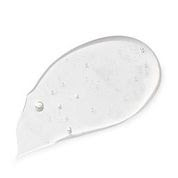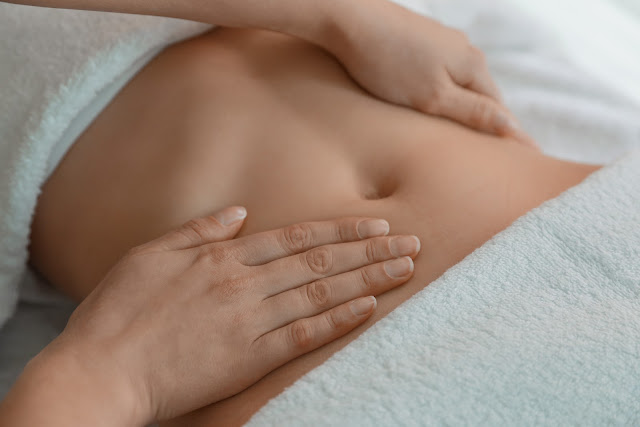The link between skin, nutrition & ageing
The skin reflects your inner health status....beauty comes from the inside out.
Antioxidants such as carotenoids, polyphenols, flavonoids and vitamins, essential fats, proteins and certain bacteria are agents capable of promoting skin health and beauty. They have been shown to mitigate common age related skin issues such as collagen loss, photo ageing and the appearance of fine lines and wrinkles.
Skin ageing comes in two parts:
Intrinsic skin ageing is genetic and extrinsic is the result of external factors and environmental influences such as exposure to UV, smoking, pollution sleep deprivation and nutrition.
The best prevention strategy is to work against extrinsic ageing and the effect of free radicals by sticking to a healthy lifestyle exercise, control of stress and balanced nutrition including lots of anti-oxidative foods.
There are 3 main mechanisms responsible for cellular skin ageing:
Odxidative Stress
Occurs when there is an imbalance between reduction of free radicals and the ability of the body to counteract their harmful effects. Free radicals repress collagen production.
DNA Damage
Regular exposure to UV radiation increases DNA damage and causes mutations which can lead to premature ageing affecting the Telemones which act as buffers at the end of our chromosomes, these usually protect our genes from damage
Inflammation
Chronic low key inflammation is a major characteristic of the ageing process. It plays a role in age related diseases such as type 11 diabetes, Alzheimers disease, cardiovascular disease and skin ageing.
Withe these mechanisms and key factors of skin ageing in mind we can look at the elements that might mitigate these effects and slow the natural skin ageing cycle.
Anti- oxidants are molecules that fight free radicals in your body. Antioxidants are also found in food especially plant based in the form of Vitamins A, C,D,E
Free radicals are compounds that are constantly being formed in the body and can cause harm if their levels become too high. They are linked to multiple illnesses including Diabetes, heart disease and Cancer. When free radicals outnumber antioxidants it can lead to a state called oxidative stress. Prolonged oxidative stress can damage your DNA and increase your risk of Cancer and plays a pivotal role in the ageing process.
Vitamin C
Vitamin C acts on the stabilisation and cross linking of collagen molecules and is essential for helping to neutralise the effects of free radicals from UV exposure.
Rich sources of Vitamin C can be found in citrus fruits, broccoli, peppers and strawberries
A powerful anti-oxidant that can improve elasticity making the skin appear younger and brighter while reducing pigmentation.
Vitamin E ( tocopherols )
Vitamin E is a strong anti-inflammatory with it’s primary photo protection role being to prevent damage caused by free radicals.
Rich sources of Vitamin E are seeds, nuts, spinach, wheatgerm and corn.
Vitamin E and C work best in conjunction with each other as antioxidants they protect the water and lipid content of the cell
Vitamin D
Vitamin D is a prohormone; a substance that the body converts to a hormone. The skin is the primary site of vitamin D production. It protects against UV induced cell death and promotes cell renewal and growth. It can help with skin inflammation and therefore helpful for Acne, Eczema and Dermatitis The capacity of of the skin to produce Vitamin D declines with age as much as 50% between the age of 20-80
Rich sources of Vitamin D include oily fish- salmon, sardines and mackerel, eggs, mushrooms, fortified milk.
Vitamin A (Carotenoids)
Vitamin A derivatives Astaxanthin, Lycopene and Retinol are both highly effective antioxidants with photo protective qualities.
Astaxanthin helps prevent UVA induced cell mutations and alterations that cause sagging or wrinkling.
Lycopene is destroyed when the skin is exposed to UV light stress causing oxidative damage to the skin tissue.
Retinol has essential roles in the rate of cell turnover and can improve the texture and tone of the skin.
If using skincare products with added Retinol it is essential to use sunscreen for several weeks after the use.
High sources of Vitamin A include Liver, carrots, sweet potato, mango and fish



Comments